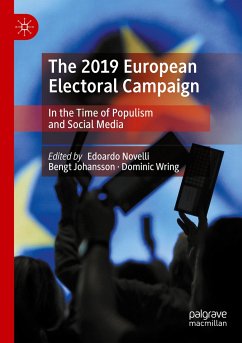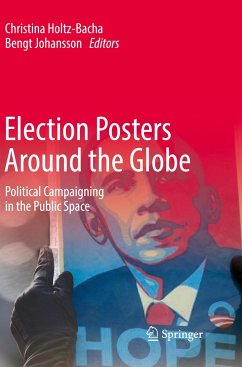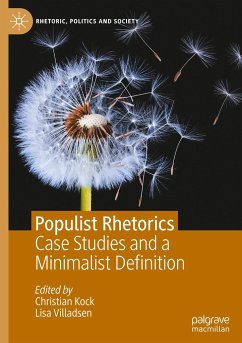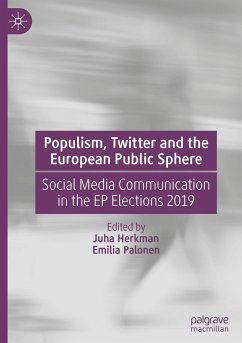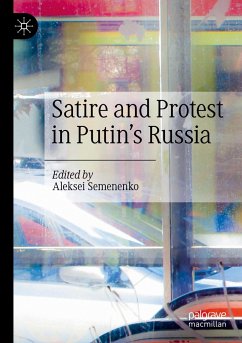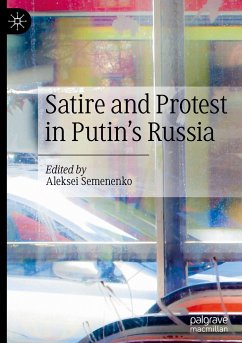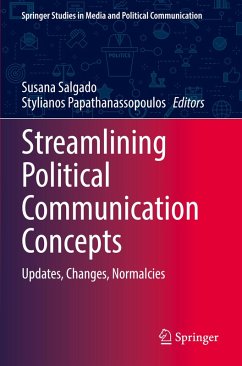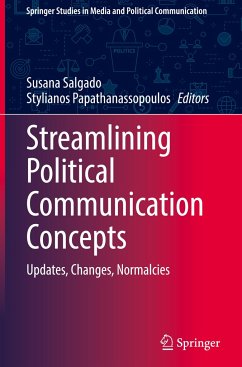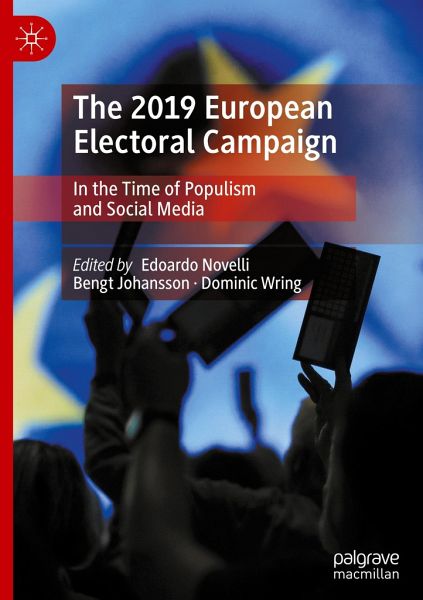
The 2019 European Electoral Campaign
In the Time of Populism and Social Media
Herausgegeben: Novelli, Edoardo; Johansson, Bengt; Wring, Dominic

PAYBACK Punkte
0 °P sammeln!
The 2019 European Electoral Campaign: in the time of populism and social media examines political advertising during the 2019 elections to the European Parliament, which has become the largest supranational campaign of its kind in the world. Based on a research project funded by the European Parliament, and an archive of more than 11,000 campaign items, the book draws on results from a major content analysis covering every one of the 28 member states involved. The 2019 European Electoral Campaign delivers a unique comparative assessment on the state of political communication within a European...
The 2019 European Electoral Campaign: in the time of populism and social media examines political advertising during the 2019 elections to the European Parliament, which has become the largest supranational campaign of its kind in the world. Based on a research project funded by the European Parliament, and an archive of more than 11,000 campaign items, the book draws on results from a major content analysis covering every one of the 28 member states involved. The 2019 European Electoral Campaign delivers a unique comparative assessment on the state of political communication within a European Union convulsed by momentous change. This book will be of interest to scholars, researchers and students of political communication, media, political science, history, European (Union) studies as well as a wider readership including politicians, political strategists, and journalists.





